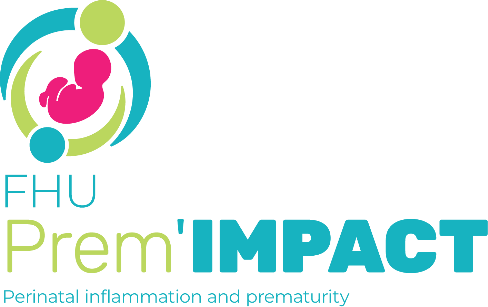Abstract
Chronic histiocytic intervillositis (CHI) is an inflammatory condition of the placenta, characterised by an abnormal, mainly macrophagic infiltrate within the intervillous space. Recent research suggests that CHI results from a ‘maternal‐foetal rejection’ mechanism, because at least some CHI cases fulfil the criteria for antibody‐mediated rejection (AMR) of kidney allografts according to the Banff classification [i.e. presence of anti‐human leukocyte antigen (HLA) paternal antibodies activating the complement or foetal‐specific antibodies (FSA), a macrophage‐rich infiltrate, and positive C4d immunostaining]. To gain further insights into CHI pathogenesis, we aimed to refine the phenotype of the inflammatory infiltrate using a multiplex immunofluorescence technique and to compare the mRNA signatures between CHI and AMR of kidney allografts. Twelve patients with C4d+ FSA+ CHI were included in the study and compared to a control group of 5 patients without inflammatory lesions on placental examination. We developed a multiplex immunofluorescence panel to identify CD4+ and CD8+ T lymphocytes, CD68+/CD206− and CD68+/CD206+ macrophages, and NK cells in the villi and intervillous space. Molecular signatures were studied using NanoString® technology and the B‐HOT panel recommended by the Banff classification for kidney allografts. Multiplex immunofluorescence revealed that the infiltrate in the intervillous space was mainly composed of CD68+/CD206− macrophages as well as a higher proportion of CD8+ lymphocytes in patients with CHI compared to controls. Densities of NK cells and CD4 T cells were very low. Molecular signatures showed an overexpression of HLA class II genes, an IFN‐γ signature, and cytokine gene sets in C4d+ FSA+ CHI patients, also involved in kidney AMR. These results reinforce the paradigm of maternal‐foetal rejection.
